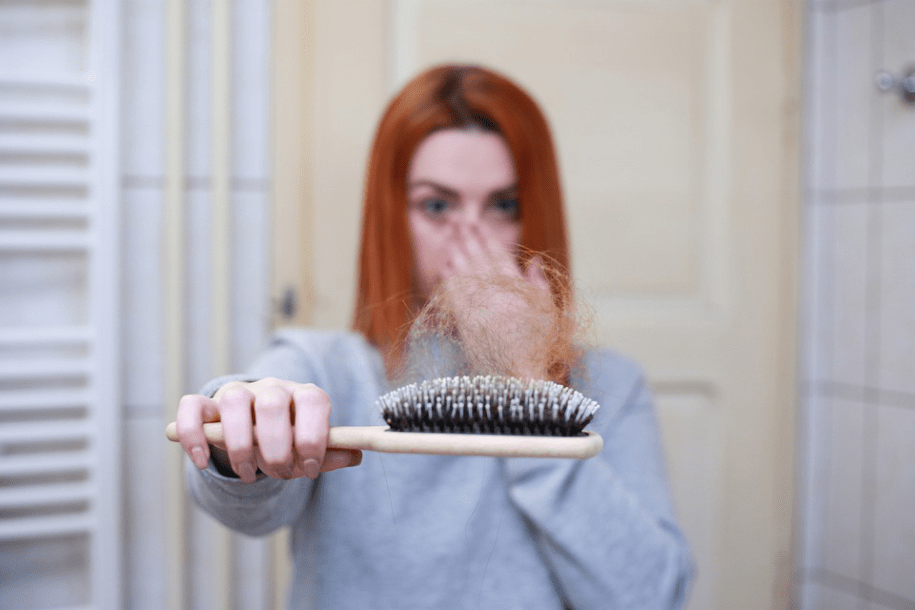According to the National American Hair Research Society, alopecia is an autoimmune disease that can cause hair loss on the scalp, as well as on other areas of the body. While it can affect anyone, genetics play a role in susceptibility to it and its severity.
Much research has been done on alopecia’s physical symptoms and effects. This article will talk about some of the psychosocial effects alopecia has on people dealing with the condition.
It Makes You Look And Feel Older Than You Are
Alopecia affects 6.8 million people in the US, and has a lifetime risk of 2.1 percent. According to the National Alopecia Areata Foundation, the condition can affect people of all genders, ages, and ethnic groups.
Despite that, balding is generally associated with old age, so people mistake even younger people with bald patches to be older than they are. This can cause lead to awkward social situations, shame, and even low self-esteem.
It Can Bring Up Feelings of Depression, Anxiety, and Embarrassment
Alopecia has been linked with high levels of depression and anxiety. The latter is evident in the fact that many people who experience balding will try to hide it, as it’s a source of embarrassment for them.
Research shows that more than 40 percent of men deal with alopecia by the time they turn 35. Surprisingly, the study also uncovered that men find it harder to initiate the treatment process, even though they need it more than women.
It Can Make You Feel Unattractive
Hair plays a big role in self-esteem and self-expression. After they experience hair loss, people often find themselves losing confidence. It can make them think they are unattractive, resulting in a vicious cycle of negative thoughts.
Feeling unattractive internally affects the way you interact with people around you. And since people tend to gravitate toward happy, healthy, and confident people, individuals who are balding sometimes face social exclusion, while also being seen as less attractive.
It Impacts Your Social Life
You don’t feel like going out. You feel stressed about meeting new people. You indulge in destructive behaviors such as eating unhealthy. Your work and relationships are affected.
This is a consequence of all the above-mentioned reasons. Feelings of unattractiveness, depression, and social anxiety build up over time, so you may find yourself avoiding social situations altogether.
It Can Force You Change Your Personal Style
People who deal with alopecia often change their personal style to cover up bald spots. Many people start wearing scarves of wraps on their heads. Some start sporting caps or hats on a frequent basis to prevent bald spots from showing.
All of this can be uncomfortable to do, especially if it’s forced upon them as a result of their condition.
Alopecia, while not life-threatening, can result in the development of serious mental and social issues. So it’s important to understand the condition and get the necessary therapy.
If you’re looking for alternative hair loss treatments in Wilmington, Delaware, check out our website. We specialize in scalp micropigmentation services for men and women. You can contact us here or call us at 302-292-0380.

